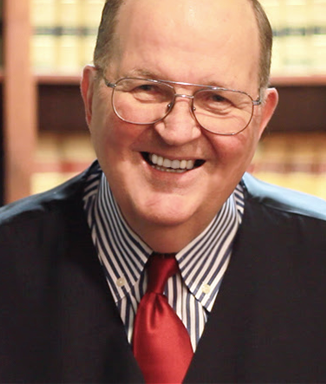The Virginia Wrongful Death Statute from the Code of Virginia in Layman’s Terms, part 2
Any time a wrongful death suit is filed against a health care provider, such as a doctor, it is necessary for the plaintiff to have a written opinion from an expert that the defendant did not follow reasonable standards of care and that was what caused the wrongful death.
The written statement is not needed if the defendant admits fault or was obviously the cause of death.
The expert is not required to testify at trial. The defendant is not entitled to learn the identity of the expert or what the nature of the expert’s opinion, unless the expert does testify at trial.
The defendant can make a written request to see the certification form, and it must be provided within 10 business days. If the plaintiff never got a statement from an expert then the case may be dismissed.
Here is the actual law from the Code of Virginia:
§ 8.01-50.1. Certification of expert witness opinion at time of service of process.
Every motion for judgment, counter claim, or third party claim in any action pursuant to § 8.01-50 for wrongful death against a health care provider, at the time the plaintiff requests service of process upon a defendant, shall be deemed a certification that the plaintiff has obtained from an expert witness whom the plaintiff reasonably believes would qualify as an expert witness pursuant to subsection A of § 8.01-581.20 a written opinion signed by the expert witness that, based upon a reasonable understanding of the facts, the defendant for whom service of process has been requested deviated from the applicable standard of care and the deviation was a proximate cause of the injuries claimed. This certification is not necessary if the plaintiff, in good faith, alleges in his wrongful death action a medical malpractice theory of liability where expert testimony is unnecessary because the alleged act of negligence clearly lies within the range of the jury’s common knowledge and experience.
The certifying expert shall not be required to be an expert expected to testify at trial nor shall any defendant be entitled to discover the identity of the certifying expert or the nature of the certifying expert’s opinions. Should the certifying expert be identified as an expert expected to testify at trial, the opinions and bases therefor shall be discoverable pursuant to Rule 4:1 of the Rules of Supreme Court of Virginia with the exception of the expert’s status as a certifying expert.
Upon written request of any defendant, the plaintiff shall, within 10 business days after receipt of such request, provide the defendant with a certification form which affirms that the plaintiff had obtained the necessary certifying expert opinion at the time service was requested or affirms that the plaintiff did not need to obtain a certifying expert opinion. If the plaintiff did not obtain a necessary certifying expert opinion at the time the plaintiff requested service of process on a defendant, the court shall impose sanctions according to the provisions of § 8.01-271.1 and may dismiss the case with prejudice.
(2005, cc. 649, 692.)
